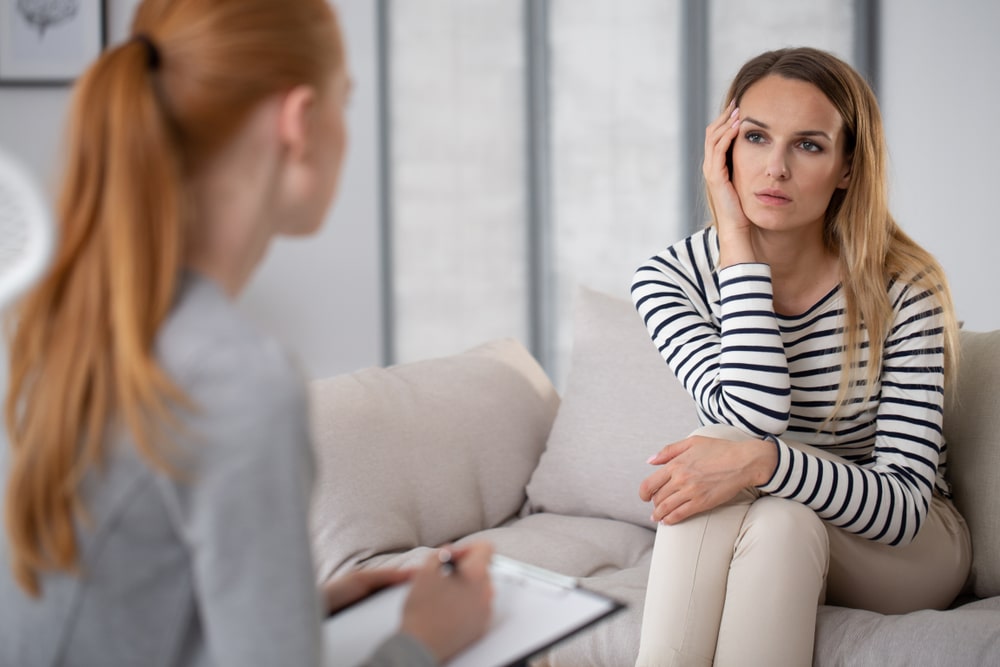Borderline personality disorder (BPD) is listed in the Diagnostic and Statistical Manual of Mental Disorders, Fifth Edition (DSM-5) as a chronic, mental health disorder. BPD is characterized by “hypersensitivity to rejection and resulting instability of interpersonal relationships, self-image, affect, and behavior.” This instability interferes with one’s ability to function in daily life, long-term planning, as well as an individual’s sense of identity. Psychoanalytic theorists assert that individuals with BPD are often intolerant of being alone, which may be caused by experiencing “annihilation anxiety… [which] is a traumatic anxiety based on an actual experience of danger and psychic helplessness, reflecting a fear of impending psychic or physical destruction.” However, studies show the ability to tolerate alone time has been linked to increased happiness, greater life satisfaction, and improved stress management. While it is inherently more challenging for an individual with BPD to navigate feelings of loneliness and isolation, there are strategies to help increase one’s tolerance for being alone. Consider the following suggestions:
- Prioritize your health: Engaging in healthful habits and physically taking care of your body can improve your mental health and emotional wellbeing. Be sure to:
- Eat nutritiously.
- Exercise regularly.
- Avoid smoking, alcohol, and other drugs.
- Stay hydrated and drink plenty of water: Experts recommend drinking a minimum of 64 oz of water, daily.
- Prioritize sleep hygiene: Sleep is a fundamental necessity of life, and even a minor sleep deficit can have a significant effect on one’s physical and mental health.
- Try something new: Humans are hard-wired to experience joy when experiencing novelty, so try learning a new skill, do a challenging puzzle, tackle a difficult recipe, etc. to build self-confidence and assuage loneliness.
- Challenge your negative, unwanted thoughts: Identify the anxious thoughts that surface when you think of being alone, analyze them, and challenge them to discern if your initial reaction is truly how you feel or if you are just assuming the worst.
- Explore different relaxation tactics: Try different mindfulness exercises like yoga or meditation. Research has found that meditation can help lower blood pressure, reduce feelings of anxiety and depression, improve insomnia, and more.
- Have a plan to deescalate and ground yourself: Identify ways that help you feel safe, secure, and calm. An effective grounding technique and a quick way to bring your attention to the present moment is to actively engage all five senses. Try this by naming 5 things you can see, 4 things you can feel, 3 things you can hear, 2 things you can smell, and 1 thing you can taste.
- Ask for help: Recognize when you need additional support and do not hesitate to pursue professional guidance. There is a vast network of highly qualified mental health providers that have expert knowledge and extensive experience in working with individuals diagnosed with borderline personality disorder.
Every person will be alone at some point, and for those with BPD it is particularly advantageous to develop an array of coping strategies to combat loneliness.
Treatment In Calabasas
Calabasas is a city in California. It is a well-known suburb of Los Angeles, located west of the San Fernando Valley and north of the Santa Monica Mountains. Over the past decade, the city of Calabasas has grown in its reputation for luxury as well as for privacy which makes it a hidden gem for residential living for society’s elite, and one of the most desirable destinations in Los Angeles County. It is also home to a plethora of highly qualified mental health clinicians providing an array of therapeutic services and treatment options.
The information above is provided for the use of informational purposes only. The above content is not to be substituted for professional advice, diagnosis, or treatment, as in no way is it intended as an attempt to practice medicine, give specific medical advice, including, without limitation, advice concerning the topic of mental health. As such, please do not use any material provided above to disregard professional advice or delay seeking treatment.


